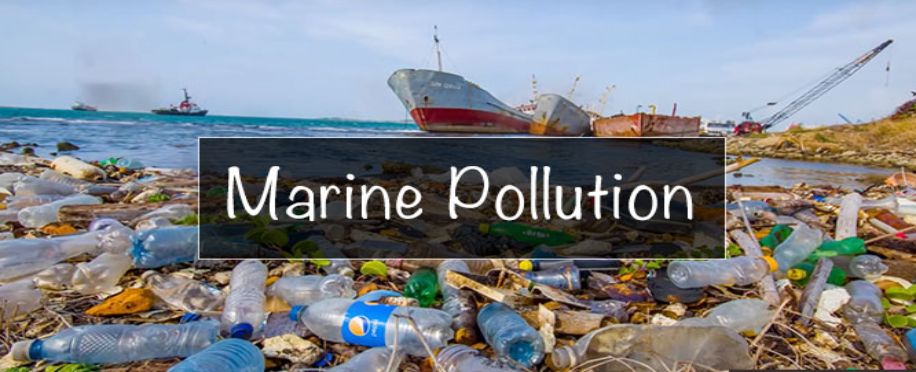Copyright © 2026 lmitac.com All Rights Reserved. Contact - Terms and Conditions - Privacy Policy - Quality Policy - Become an instructor - Vacancies - Sitemap
London Maritime Academy is a trade name for London Premier Groupversion: 2.9.0
London Maritime Academy is a trade name for London Premier Group

Posted on : 7/15/2023, 10:07:45 PM
Last Update : 7/15/2023, 10:07:45 PM
We all know that the marine environment represents about 71% of our global environment; thus, marine pollution control is more than necessary for international pollution prevention and monitoring.
Marine pollution control includes all the processes and practices to protect the marine environment from all oil, plastic, and waste dumping issues.
In this article, we will talk about the cited causes of marine pollution and the harmful impacts of marine environment pollution. Furthermore, share the best implements for marine pollution control based on international studies.
Let us take this step by step and start by introducing you to the cited causes of marine environmental pollution:
Caused by the pollutants carried on by rain and snow waters from the ground to the sea or ocean water.
Despite all the development in ships and vessels, we still face oil spills from the ships' transportation process in regional and international waters.
Whether the litter comes from the land or the ships, any trach that does not decompose is considered waste pollution.
Coming from fossil fuels used to create energy solutions for ships and boats.
If you are wondering about environmental pollution, then let us give you a hint about the effects of marine pollution on oceans and seas resources:
Marine animals harmed.
Lower oxygen levels in the sea.
Polluted sea life will impact human health and life quality.

Marine environment training courses are a must for everyone who wants to work in the international maritime industry, to know the best-required standards that help environmental pollution and toxic prevention:
Adapting to recycling means stopping the single-usage plastic in your company equipment strategy or other products that are efficient for one time yet need years to decompose.
So, whether we are talking about maritime or coastal industries, adapting to recycling legal affairs is necessary to protect the global environment and stop the damage of chemicals.
Effective marine pollution control starts with effective industrial pollution prevention. And that can be done using the latest eco-friendly materials and technologies that reduce emissions and control environmental pollution caused by mass-production factories.
This problematic step needs strong government regulation for all industrial sections.
It is a known international fact that well-implemented laws will cause better environment conservation from any human harm due to strict regulations and sanctions application.
More than that, this will boost recycling practices as a plan to follow the law and prevent marine environment pollution.
If you want to control marine pollution, spreading awareness about the best practices to protect the marine environment is your best model.
This knowledge will turn your society into a watcher who aims to protect the national sea from law violations, including plastics, microplastics, and other environmental disasters.
And this is becoming increasingly a reality with the sustainable shipping strategies that work toward eco-friendly shipping with the usage of green energy in different aspects of the maritime and all attached processes.
Ships go on trips for months and could last a year; thus, managing attached waste is more than necessary to avoid turning the ships into marine pollution sources.
This can be done by managing waste and disposing it at specialised port centres.
Due to the international marine pollution control convention, more and more local communities and organisations are working toward protecting the marine environment. However, these organisations cannot function alone as they need financial support and practice adaptation from international marine companies.
Marine pollution control is something that needs to be a priority for all of us to protect our marine life safety and our global environmental health as well.
Thus, start implementing marine pollution control strategies and train your teams to achieve the most excellent possible results.